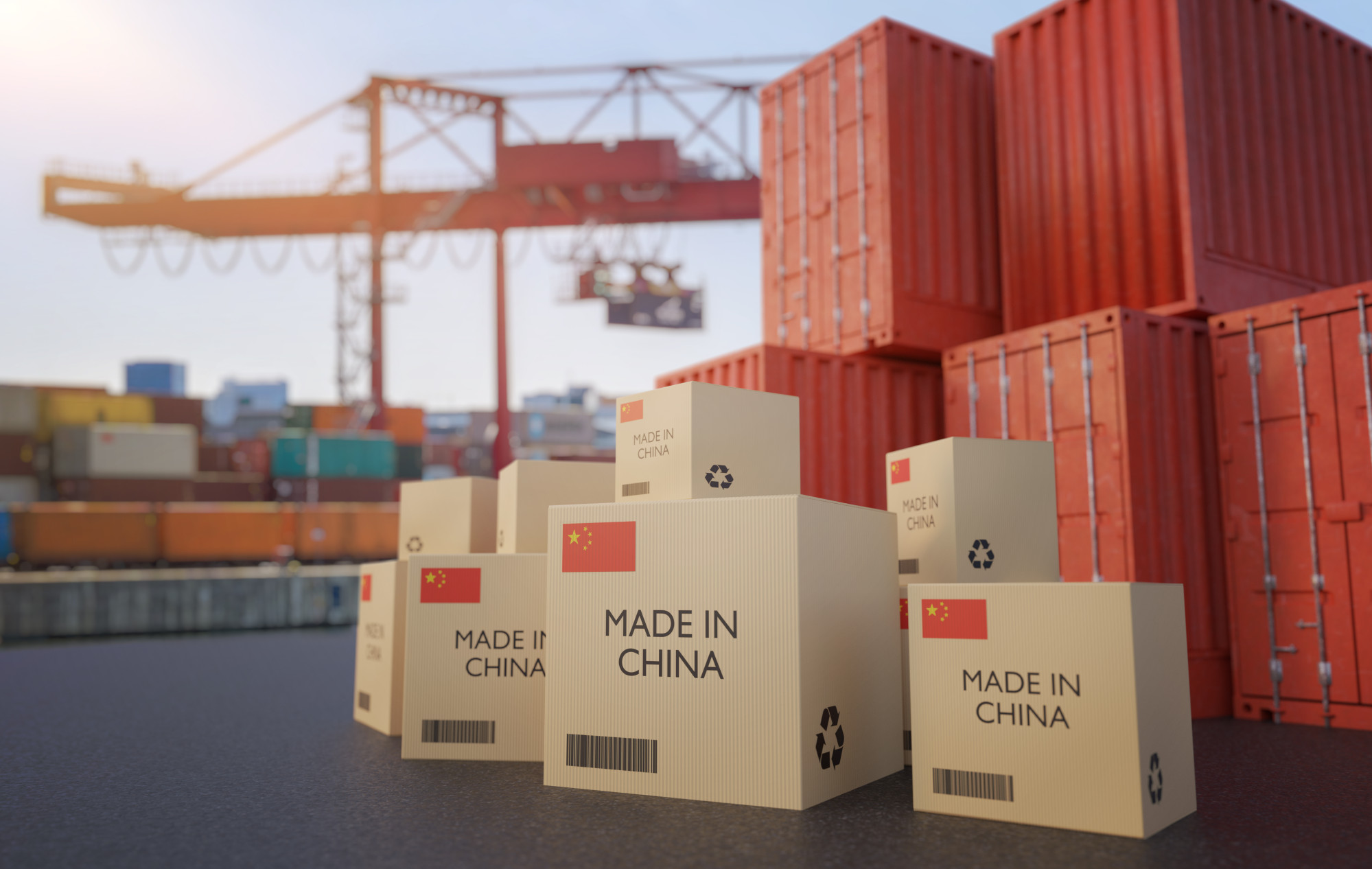
Chinese exporters stay resilient amid increased competition from Vietnam, other emerging markets, Alibaba executive says
- The bullish outlook for China’s small and medium-sized exporters comes as the country’s export growth rebounded in May
- Alibaba has been ramping up efforts to make cross-border e-commerce more accessible to small enterprises, as domestic consumption has slowed
The country’s small and medium-sized exporters are still doing fine, despite increased manufacturing activity in emerging markets like Vietnam, Alibaba.com general manager Zhang Kuo said in a live-streaming session on June 9, according to a report on Sunday by Chinese digital media outlet Jiemian.com.
Alibaba, owner of the South China Morning Post, on Monday confirmed that Zhang gave a speech that was live-streamed on June 9, but did not elaborate on his remarks. Alibaba.com, the company’s first business, operates an integrated international online wholesale marketplace that connects Chinese and overseas suppliers to overseas wholesale buyers.

The country’s exports totalled US$308.25 billion in May, up 16.9 per cent from a year earlier, according to data released by China Customs last Thursday.
China’s export momentum at the time was weakened by strict Covid-19 control measures, which disrupted manufacturing supply chains across the country.
Shanghai reopening lifted China exports, but ‘temporary blip’ to fade
Over the past three years, high value-added industries such as machinery, new energy systems, cars and consumer electronics have become the main growth drivers for exports, according to Alibaba.com.
New energy-related transaction volume from January to April this year, for example, increased by more than 130 per cent from the same period in 2021, according to data provided by Alibaba.com.
SME foreign trade merchants are expected to benefit from the accelerated digitalisation of their operations and processes over the next two decades, according to Alibaba.com.
The gross merchandise value (GMV), or sales turnover, for Japanese clothing brand Uniqlo on Alibaba’s Tmall, for example, fell 33 per cent in April from a year ago, according to data provided by YipitData, a firm tracking online sales.
Its data also showed Spanish apparel retailer Zara’s GMV dropping 56 per cent in the same month.


